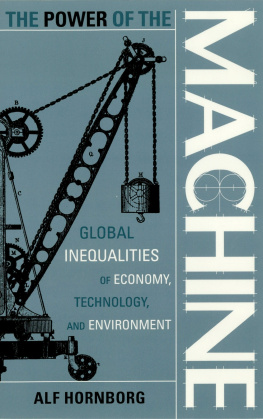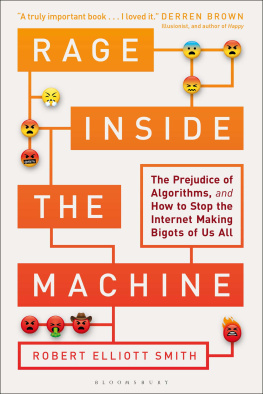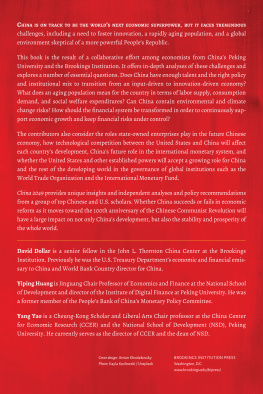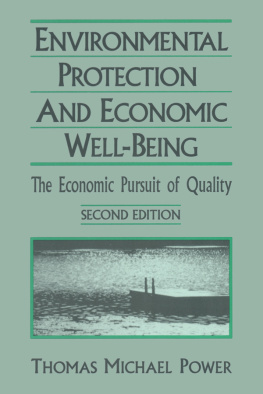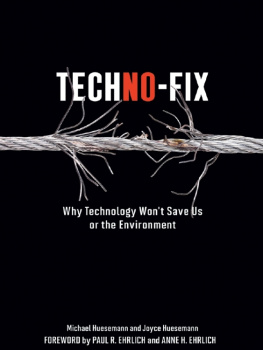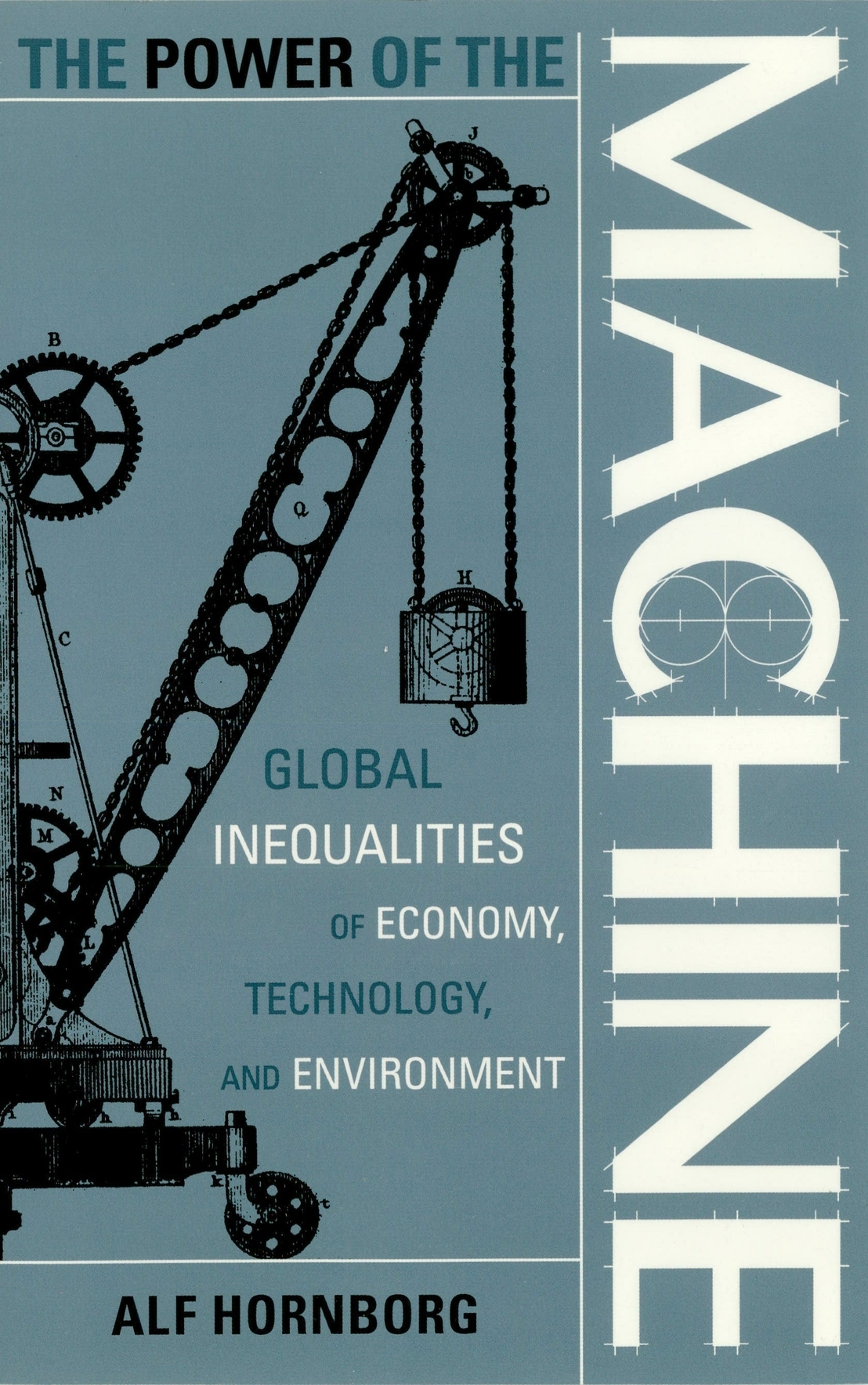Alf Hornborg is an anthropologist and professor of human ecology at the University of Lund, Sweden. His major research interests include the social organization and ecology of indigenous peoples of South America, past and present. In recent years he has addressed the cultural and political dimensions of global environmental discourse. This has led him to investigate various negotiations of environmental issues to uncover underlying assumptions, power relations, and sources of identity. He has conducted fieldwork in Peru, Canada, and Tonga. He is the author of Dualism and Hierarchy in Lowland South America and co-editor of Voices of the Land: Identity and Ecology in the Margins and Negotiating Nature: Culture, Power, and Environmental Argument. He has also published a number of articles in international journals.
Afterword
Culture, Modernity, and PowerThe Relevance of Anthropology
I n its pursuit of difference , anthropology has thoroughly acquainted itself with human universals, the most prominent of which is culture itself: the drive to experience the world as meaningful. The local specificities of such processes of meaning-creation cannot obscure this fundamental, human commonality that underlies them all. It is not, then, that anthropology is not interested in so-called human nature, only that it remains justly skeptical of facile, ideologically grounded definitions of what is genetically natural for our species, whether it be economic competition, territorial aggression, patriarchy, or whatever. Such abuse of biology, which naturalizes the arbitrary, is very often the language of power. For more than a century, anthropology has thus been providing counternarratives to power. Whether we like it or not, our discipline carries some inherently subversive implications. It celebrated cultural diversity even as European high modernity was still hoping to implement uniformity on a global scale. In the process, it struggled to relativize Western conceptions of proper social behavior, economics, personhood, gender, knowledge, human-environmental relations, and much more.
On the face of it, it would seem, this relativizing mission was successful, at least to the extent that it helped transform the terms of intellectual debate in the humanities and in much public discourse as well. But, as we all know, relativism has raised as many problems as it has solved. For one thing, it has made it evident how intellectual debate can live a life of its own, with very little impact on social, cultural, or political processes in the real world (cf. Bauman 1988). Relativism was to make us more tolerant of otherness, but is this really what we are seeing today? Relativism was to undermine the hegemony of ideologies and power structures founded on narrow perspectives, but has the discourse of Wall Street, the World Bank, and the World Trade Organization in its essentials been in the least perturbed by postmodernism? Rather the opposite, it seems. A recent estimate suggests that the 358 dollar billionaires in the world have assets equaling the annual income of the 45 poorest percent of the worlds population, or about 2.7 billion people, and the gap between the wealthiest and the poorest is constantly widening. If such data would strike someone as being beyond the horizons of anthropology, I would not agree. Anything that can be bought for money is per definition a matter of global distribution, and this includes virtually everything that local people everywhere consider essential for a good life: for instance, security, health, a clean environment, and not least the freedom to live their lives in accordance with their own cultural definition of a good life.
So, by and large, it seems that relativism has not posed any real threat to hegemonic power structures. What it does seem to have achieved, on the other hand, is to create dilemmas for the human rights movement and other movements driven by a genuine concern to make things better. Postmodern attitudes have in part disarmed movements advocating the use of legal and political institutions to try to remedy various kinds of human sufferingsuffering generated by those very power structures against which, I believe, postmodernism was originally launched. In other words, the relativistic turn has had little effect where it could have served an emancipatory purpose, while it has been all the more efficient in paralyzing the emancipatory movements themselves. The important lessons to draw from this, I believe, have to do with the location of power. For one thing, power is able to elude deconstruction because weeven anthropologistsare unconsciously selective about the aspects of our world that we are prepared to deconstruct. We are happy to talk about other peoplesas well as our owncultural idiosyncracies in various areas of life, but it seems that the most powerful discourses of our time are those that present themselves as somehow above and beyond culture. These putatively supra-cultural discourses, I would argue, today pose one of the greatest challenges to anthropology as a science of culture. Even the claim to be noncultural should be subjected to cultural analysis. On one hand, it is important to critically scrutinize such claims of universality and transcendence in order to identify the guiding metaphors and other, tacit, cultural foundations of, for instance, politics, economics, and science. On the other hand, we would do well to remain open to some particular kinds of universalism, namely those that have to do with moral issues such as human rights.
But morality is perhaps ever-present, even in our cognitive practice, for the boundary between representation and morality is often difficult to determine. Let me use my struggles with machine fetishism as an example. As I have argued in this book, conventional images of technology and economics misrepresent unequal relations of global exchange as external to the technologies themselves. But if these technologies can be shown to rely, for their very existence, on a net appropriation of resources from a global peripherygauged in terms of physical parameters such as energy transfersthen I can conclude only that unequal exchange, thus defined, is intrinsic toyes, a part of the technology. It strikes me that this dimension of technology and development is being systematically obscured from view by the hegemonic vocabulary of economics: the tautological language of utility, willingness to pay, output and demand, and so on. In fact, then, even this vocabulary becomes a part of the technology. Ultimately, it is these words these culturally constituted categoriesthat keep our machines running and that give some privileged sectors of global society such a tremendous source of power, in every sense of the word. This really shouldnt be such an alien thought to anthropologists. Isnt this exactly the kind of thing that we have been observing about other, particularly non-European kinds of material culture, namely that artifacts, social relations, and cosmology are embedded in each other and together constitute an integrated whole? Anthropology should be in a unique position to deliver equally revealing perspectives on the material infrastructures by which the urban West defines itself as modern and developed.
But how to handle the power of the machine as a problem of anthropological research? I could, of course, have restricted my studies to the various ways in which machines are fetishized and subjected to ritual behavior in different local contexts. In Peru, for instance, I have seen sewing machines ritually baptized in much the same way as Michael Taussig observed money being baptized in rural Colombia. Rosa Huaman de Huamn, mother of eight, and her friends in a Lima barriada in the early 1980s tied brightly colored ribbons onto their shining new Singer sewing machines and baptized them after their Swedish donors, hoping finally to have found a source of empowerment with which to transcend their marginality. Here again was an expectation of magical potency that merely made more concrete and culturally exotic the technological and economic fetishism of mainstream development discourse. Here again it seemed that anthropological observations in the periphery of the world system could help shed light on the taken-for-granted-yet thoroughly culturalconstructions of the center. But I also wanted to understand why the sewing machines did not bring their Peruvian owners the prosperity that they had hoped for, and the answer to that question had to be located far beyond the horizons of Rosa Huaman de Huamn. Pursuing it meant constructing an alternative image of the machine, beyond its cultural guises in a barriada in Lima or a World Bank office in Washington, that would reveal its foundation in unequal exchange and global power structures. This in turn meant investigating conventional economic discourse not only as a cultural text but as an ideology involving specific strategies for rendering power and inequality either invisible or inevitable. However contrary it seems to the tenets of postmodern anthropology, I feel that we have to retain the right to identify mis representations, or at least incompleteness of representations, not only among our academic colleagues but even out there in the real world of politics and business.

